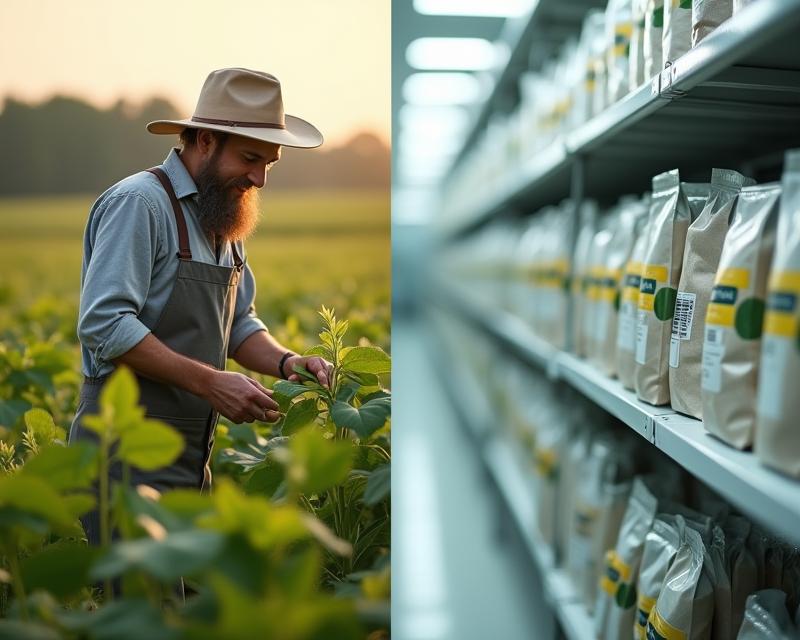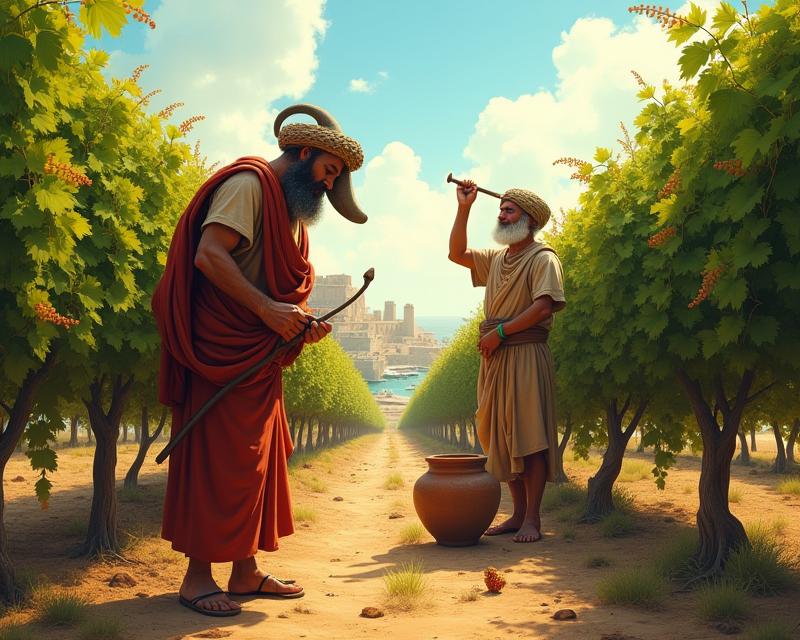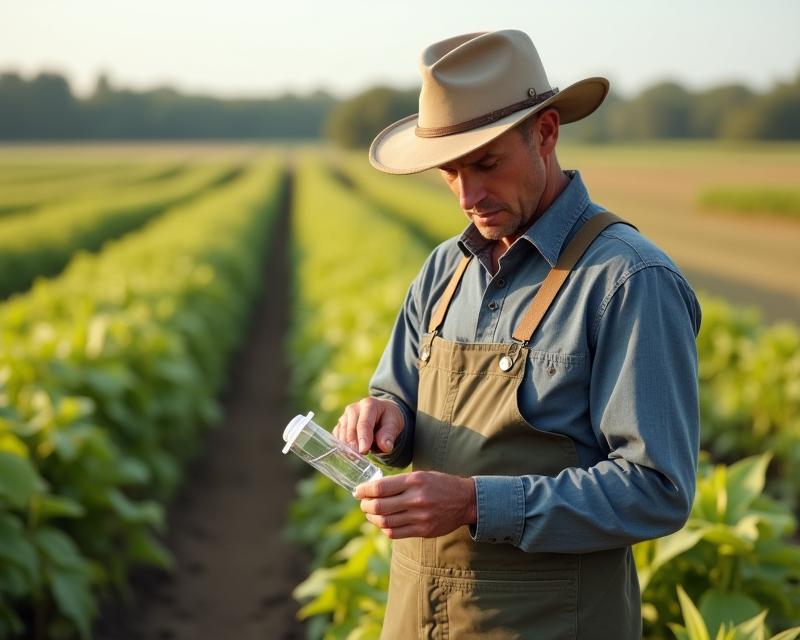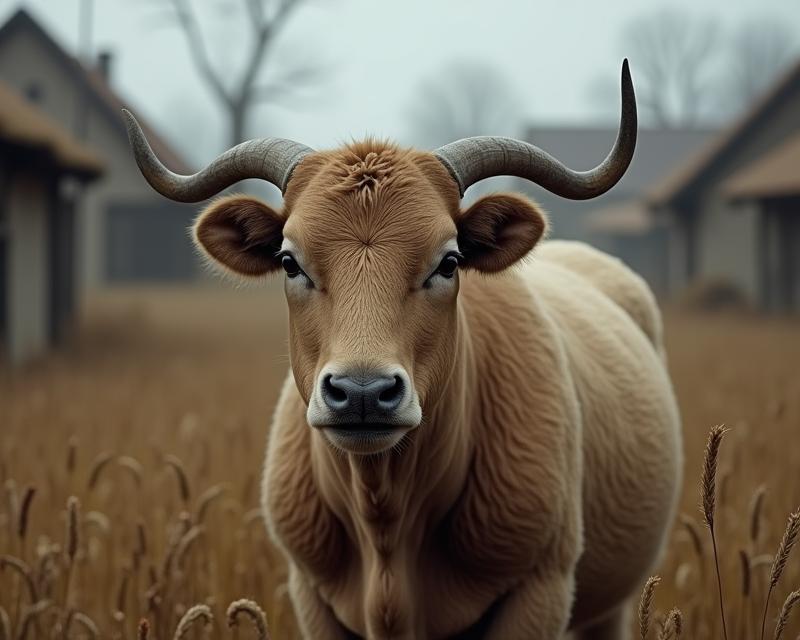Seeds of Change: Patents & Farmer Rights
Publish in Agriculture el 04/07/2025 01:01
Seeds of Change: Patents & Farmer Rights
For generations, farmers and gardeners have relied on saving seeds from their best plants – a practice deeply ingrained in agricultural history. It's a way to adapt crops to local conditions, build resilience, and maintain genetic diversity. But today, a growing trend towards seed patents is creating a significant ethical conflict, threatening this time-honored tradition and raising concerns about food security and farmer autonomy.

Historically, seeds were open-pollinated. This means they naturally reproduce, and farmers could freely save and replant them year after year. This allowed for the development of regionally adapted varieties, perfectly suited to local climates and soil. Think about heirloom tomatoes – varieties passed down through families for generations, each with unique flavors and characteristics. This system fostered a vibrant exchange of knowledge and adaptation within farming communities. It was a collaborative, community-driven approach to agriculture.
However, the rise of biotechnology and corporate control has shifted the landscape. Companies are now patenting seeds, essentially claiming ownership over the genetic material within them. This means farmers are often legally prohibited from saving and replanting seeds, even from seeds they purchased. They must buy new seeds each year, creating a dependence on these corporations. This can significantly increase farming costs and limit a farmer's ability to adapt to changing conditions. It also undermines the traditional knowledge and practices that have sustained agriculture for centuries.
The ethical implications are profound. Seed patents raise concerns about food sovereignty – the right of people to define their own food and agriculture systems. They can disproportionately impact small farmers and gardeners, particularly in developing countries, who may not be able to afford patented seeds. Furthermore, restricting seed saving can lead to a loss of genetic diversity, making our food systems more vulnerable to pests, diseases, and climate change. There's a growing movement advocating for seed freedom, promoting seed sharing, and supporting policies that protect farmers' rights to save and exchange seeds. Understanding these issues is crucial for all farmers, gardeners, and anyone concerned about the future of food. It’s about preserving our agricultural heritage and ensuring a more resilient and equitable food system for everyone.





